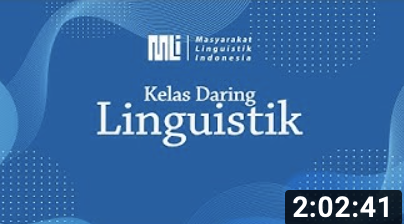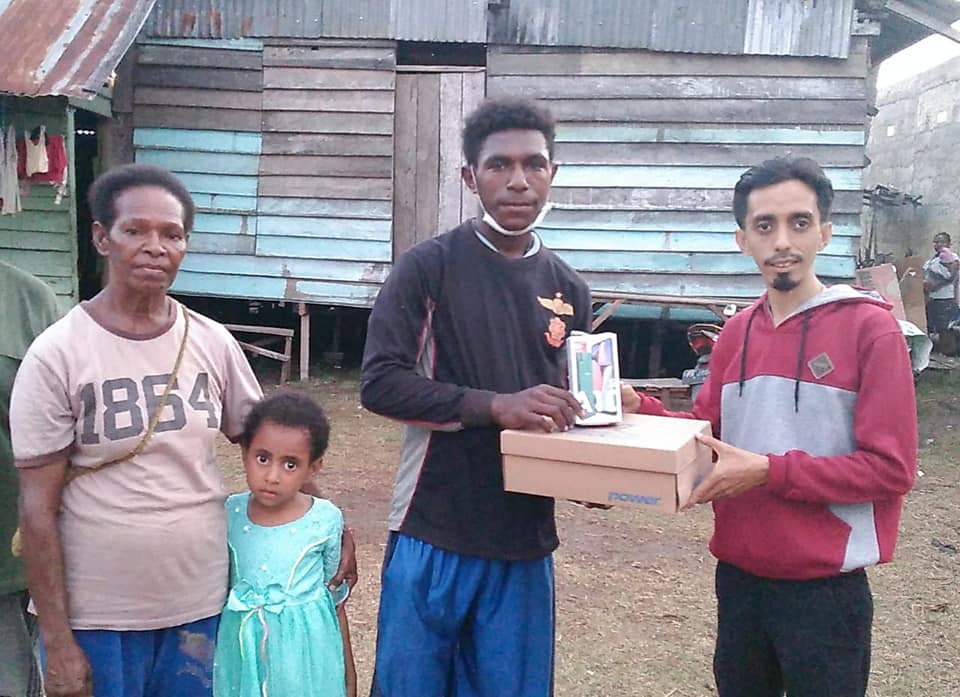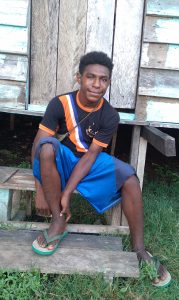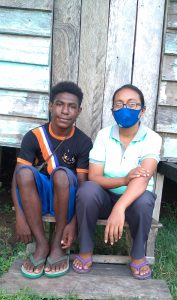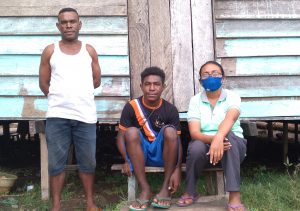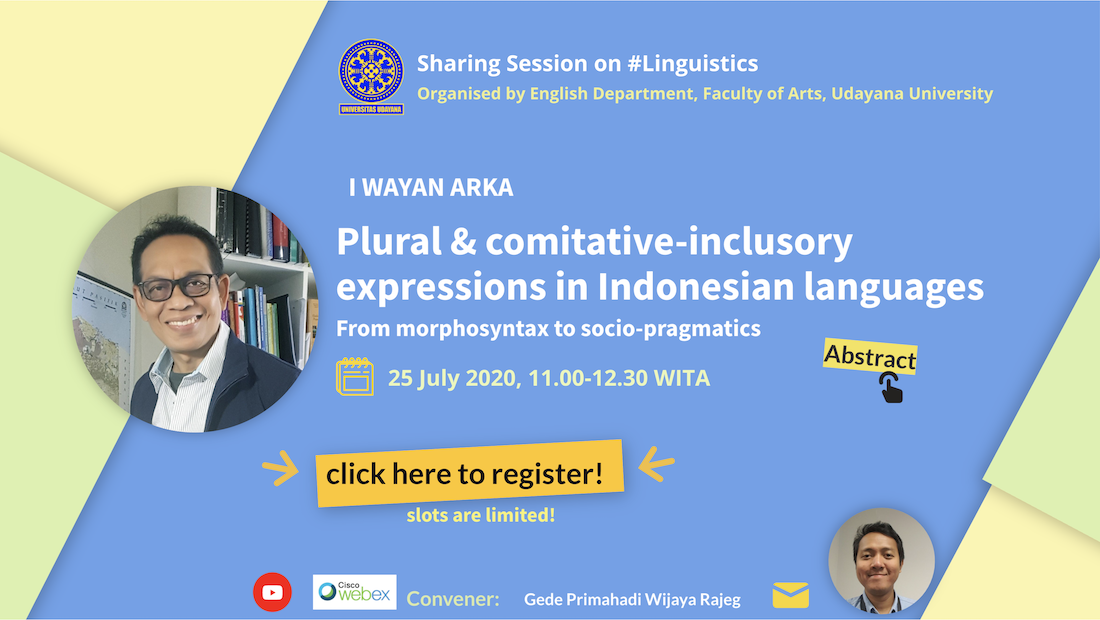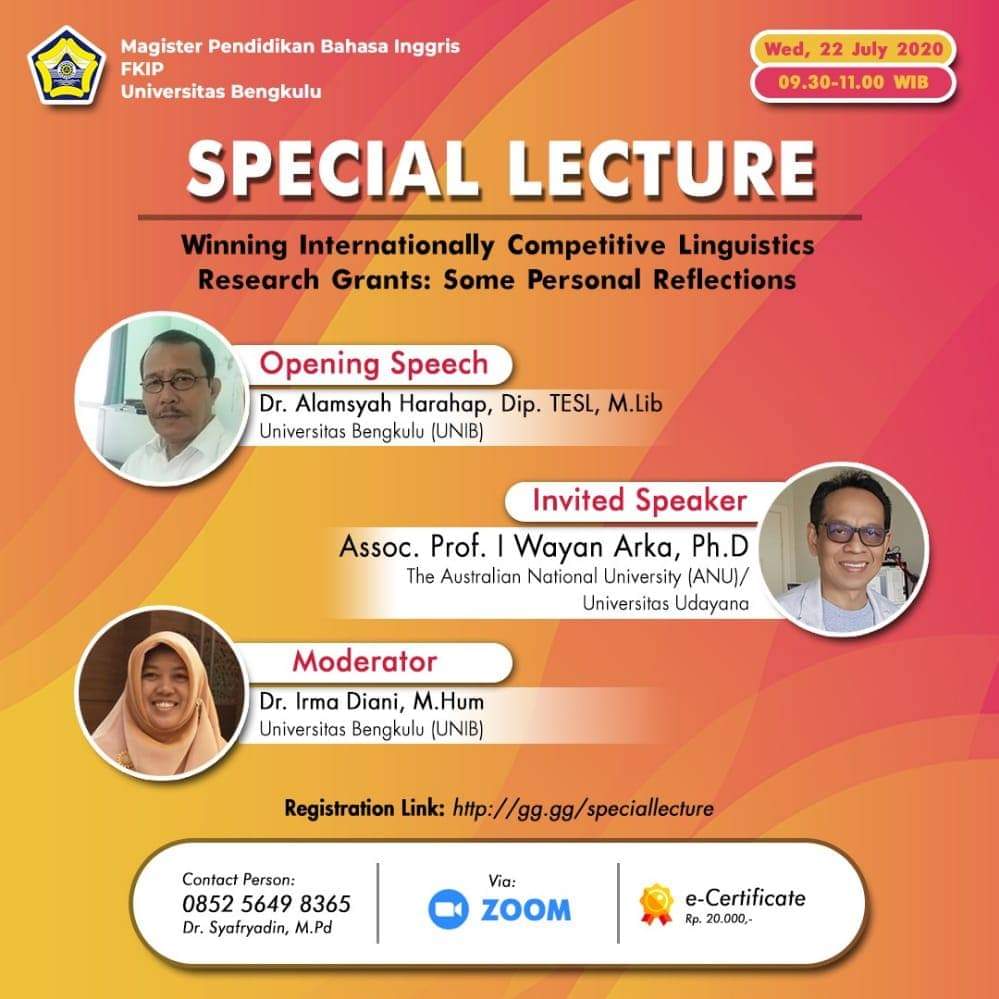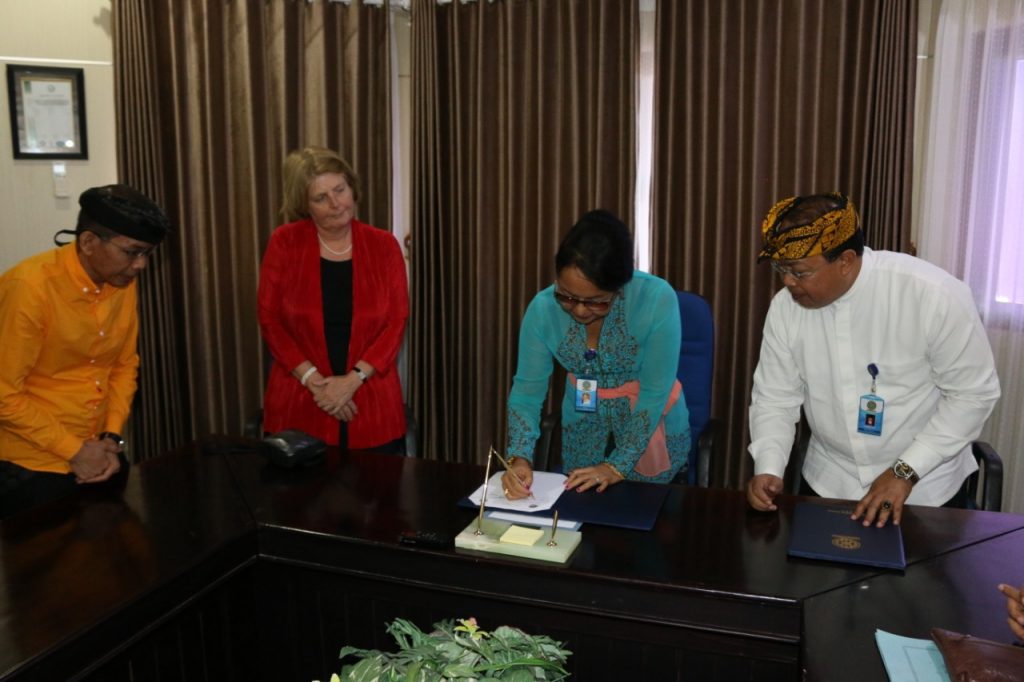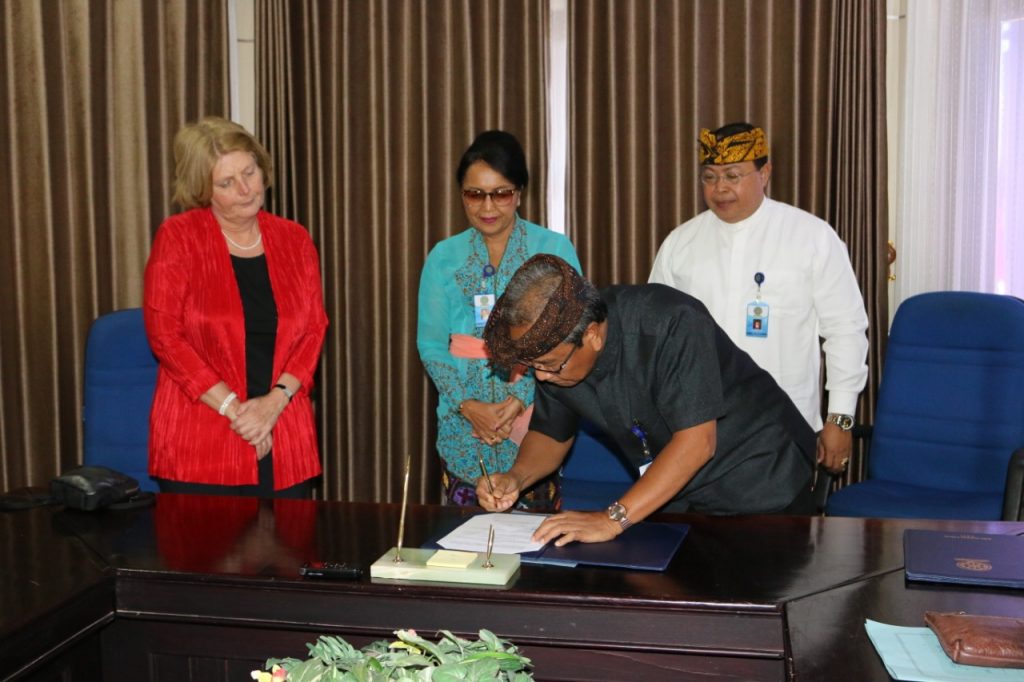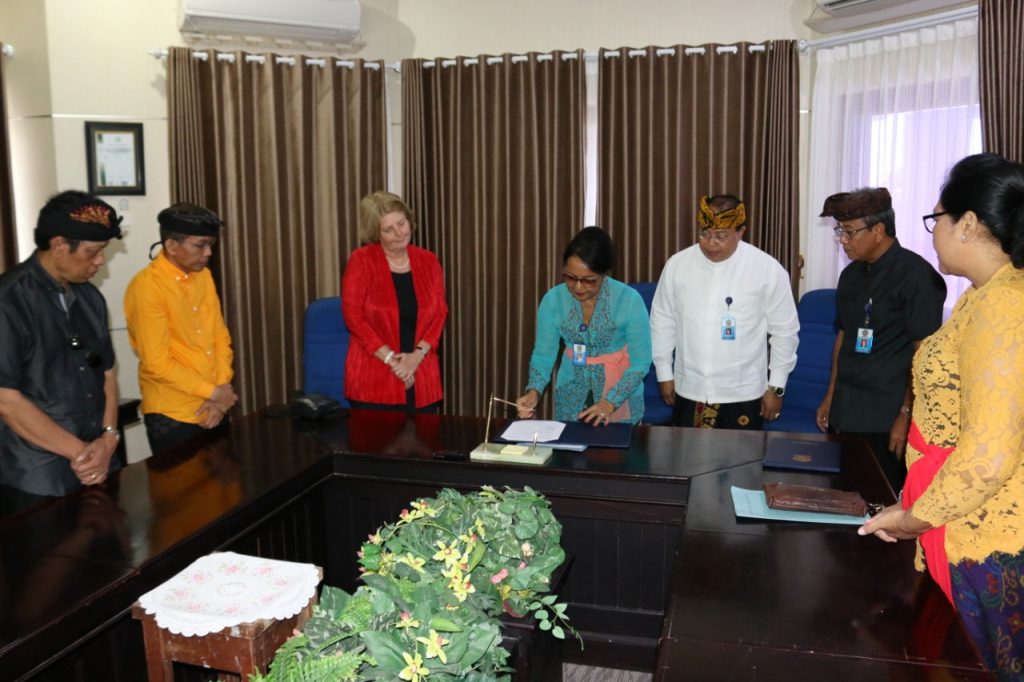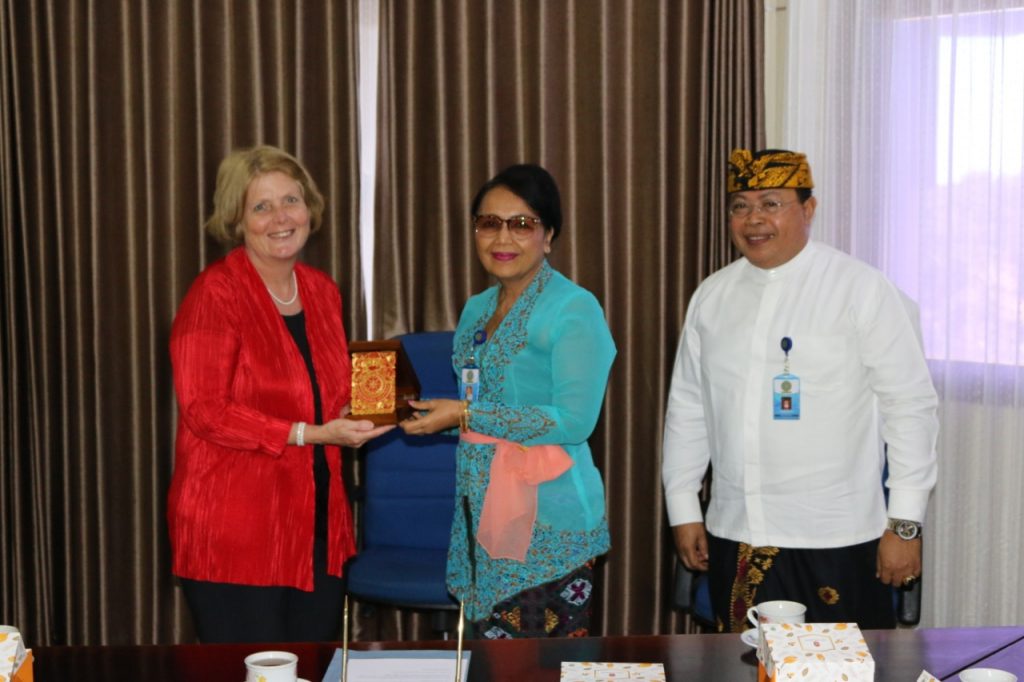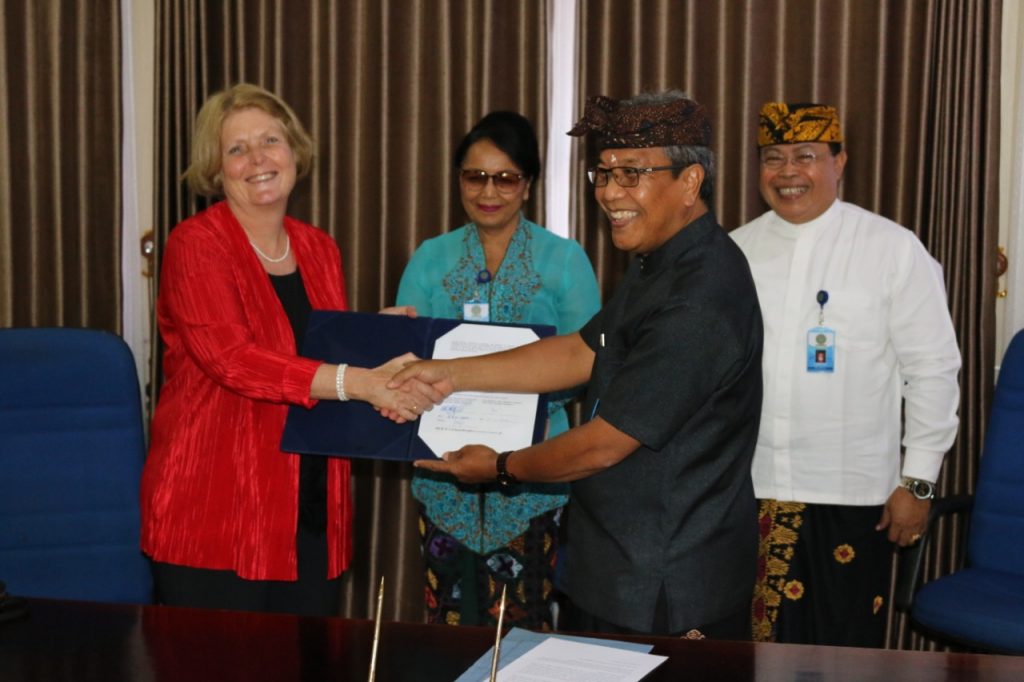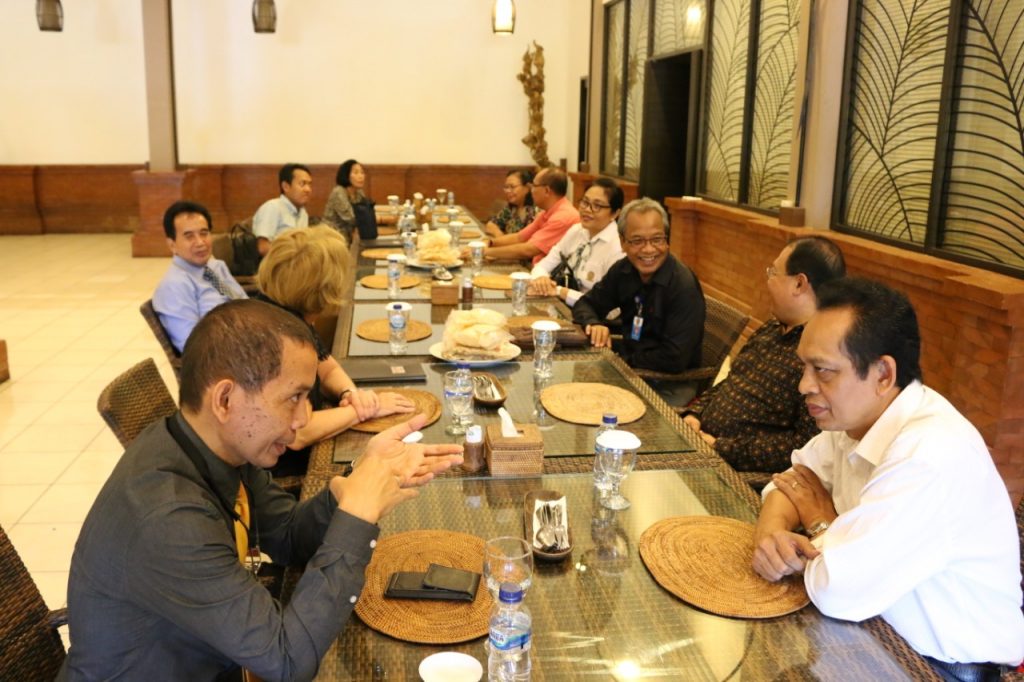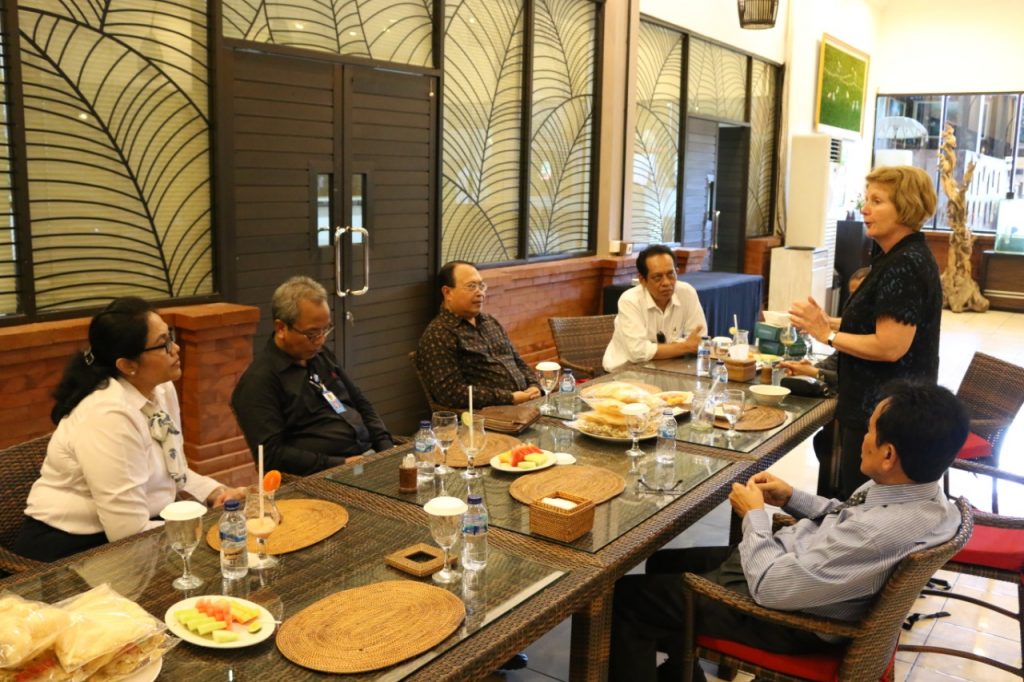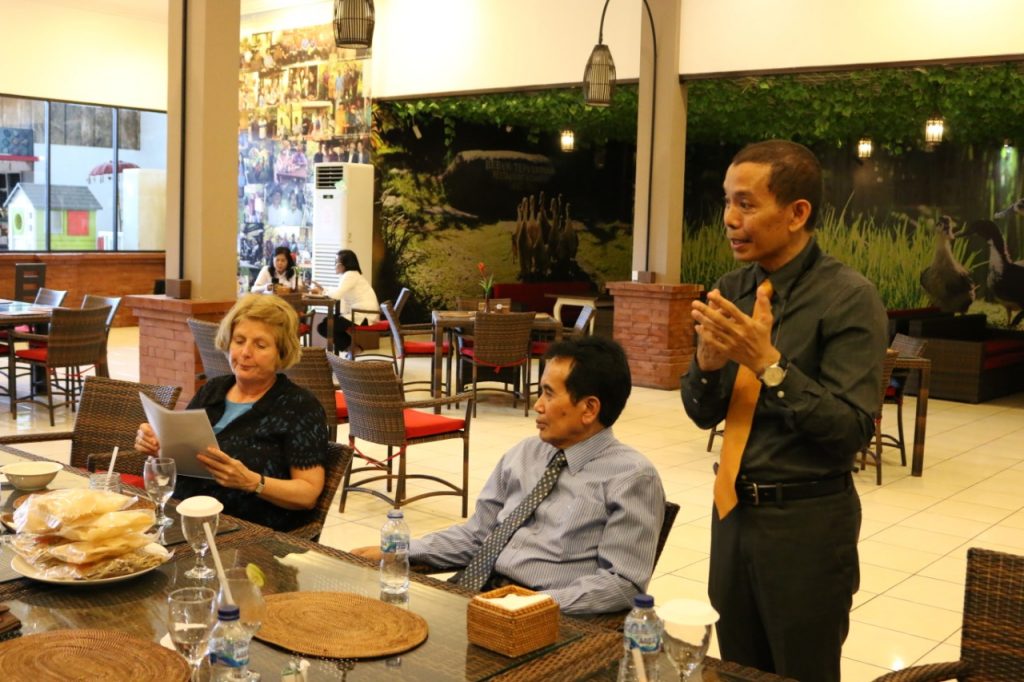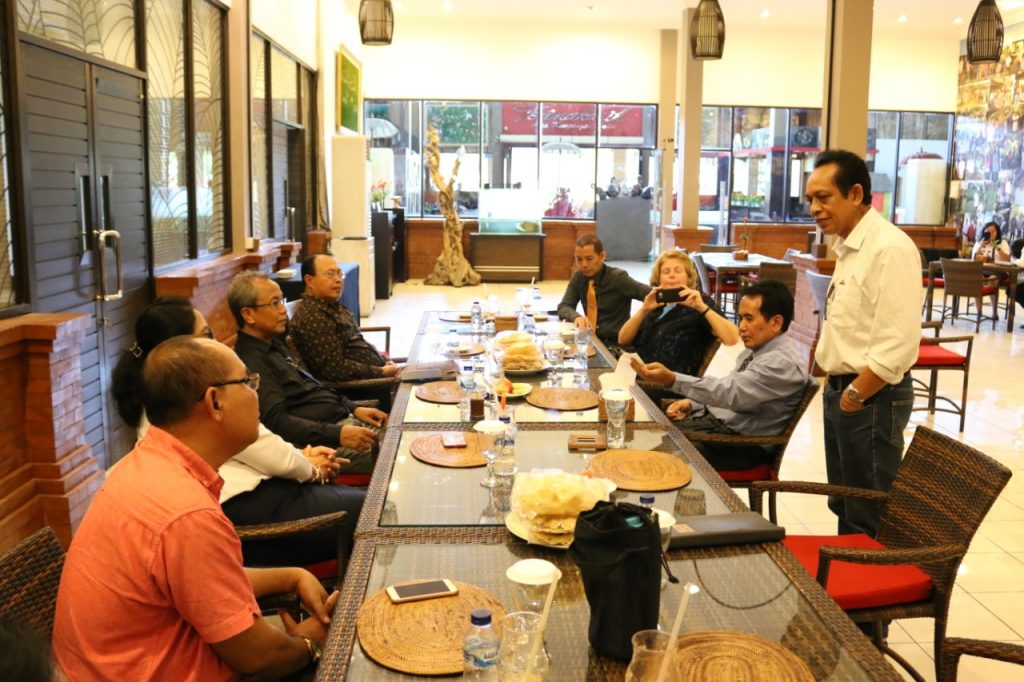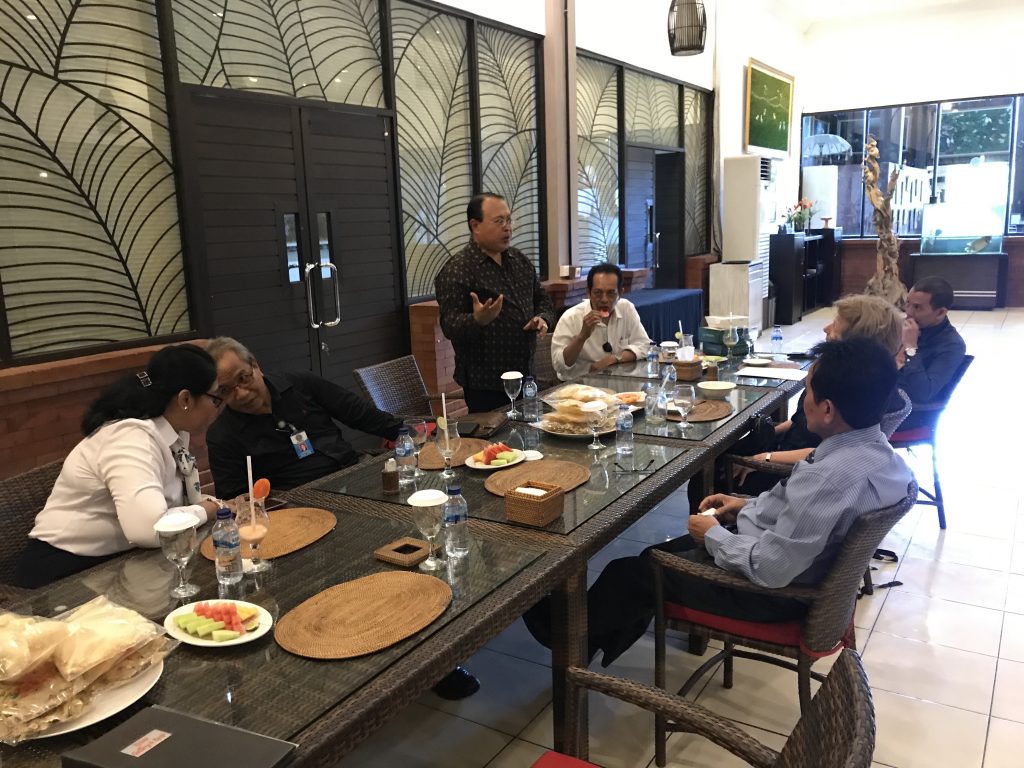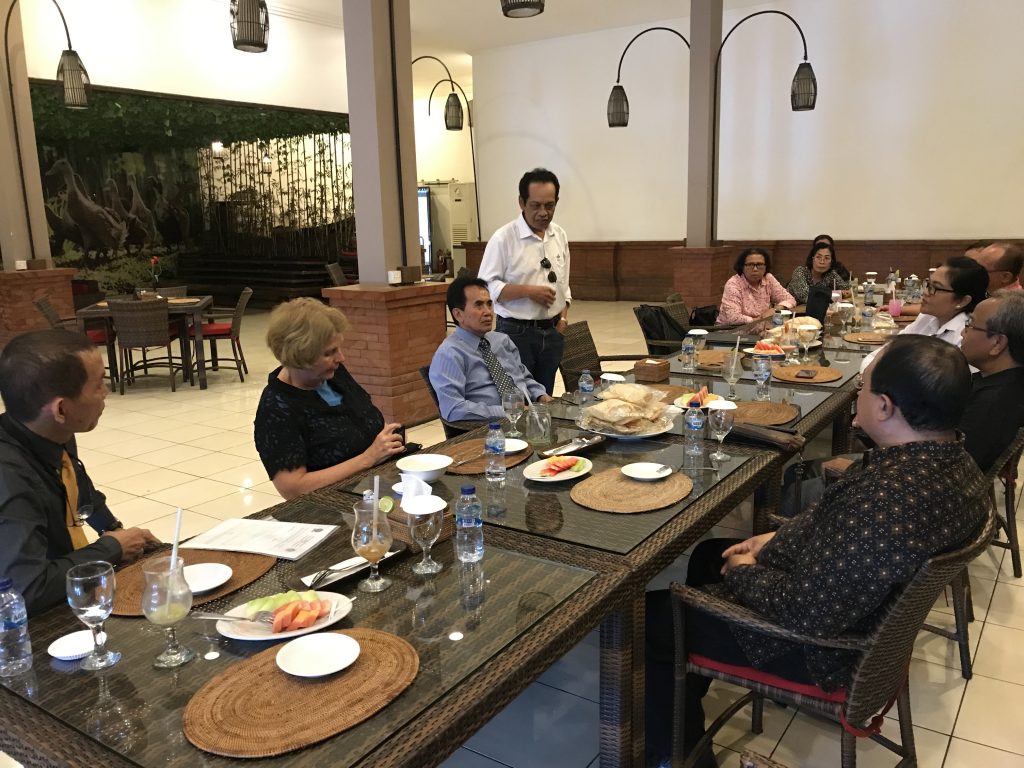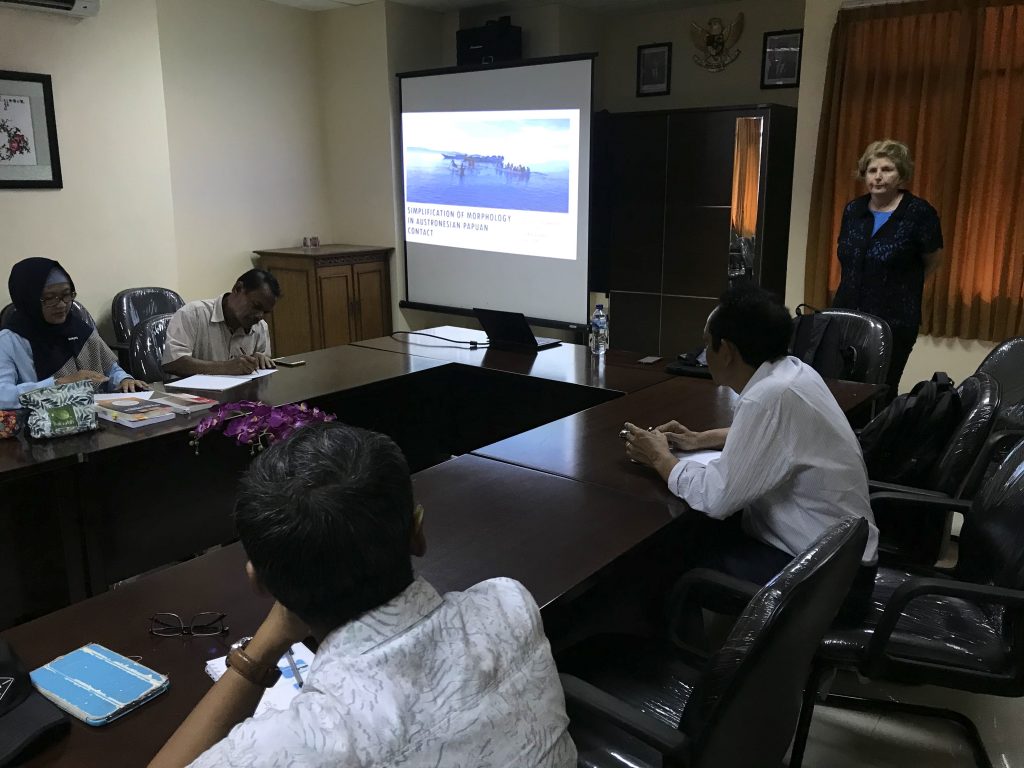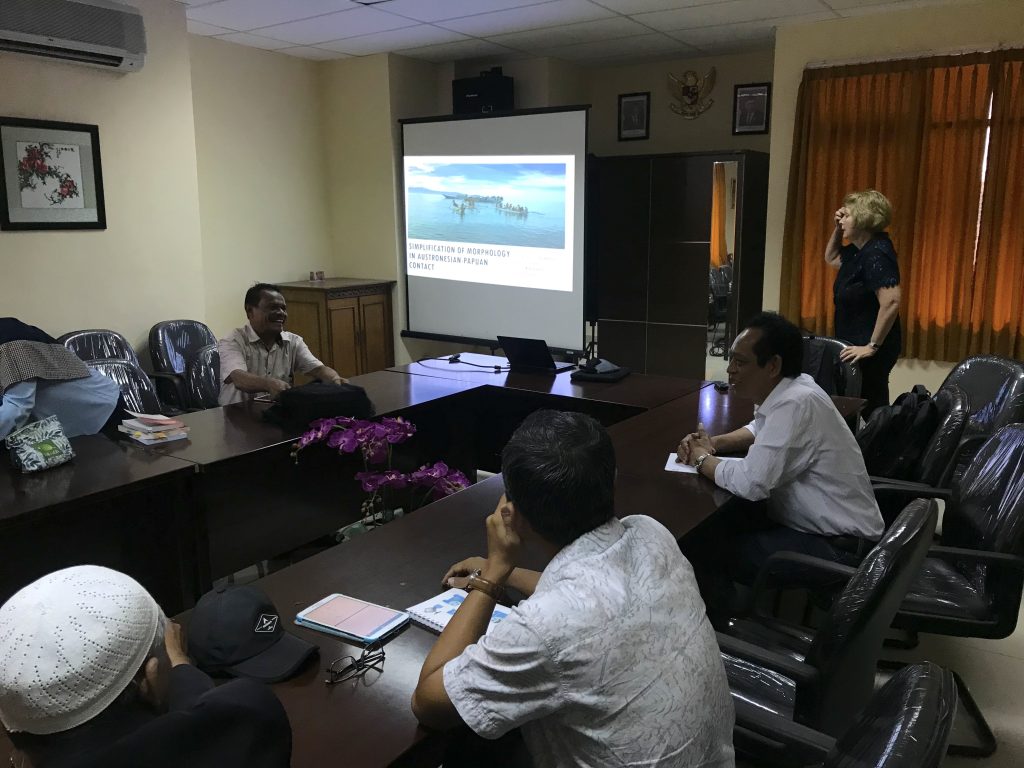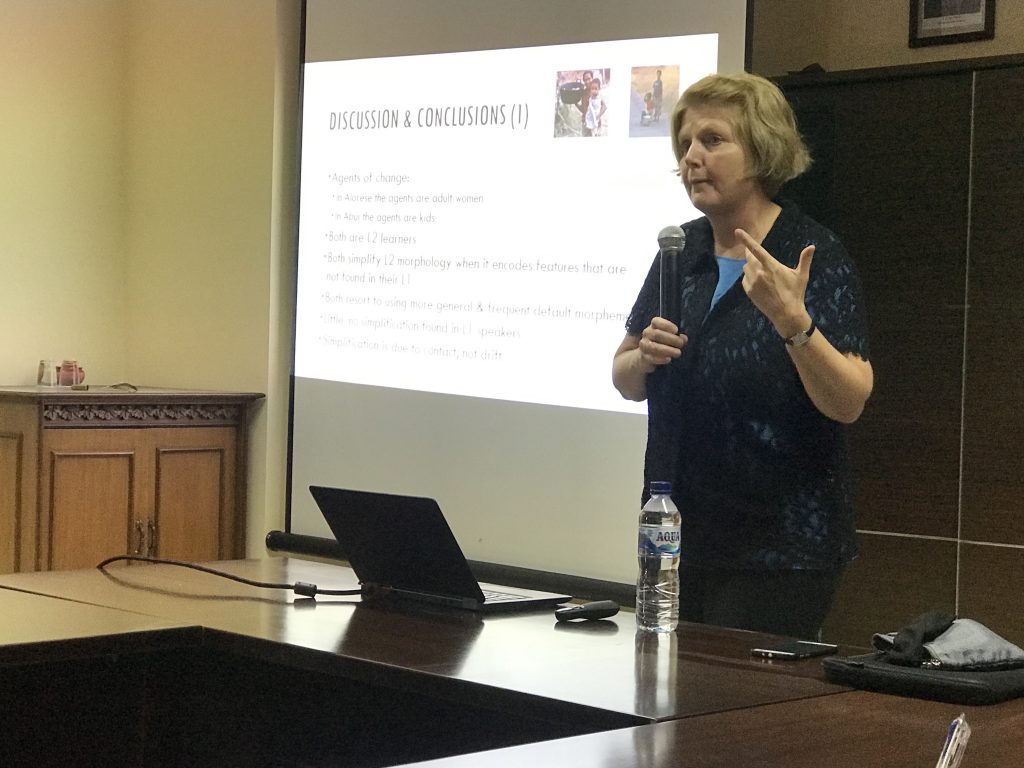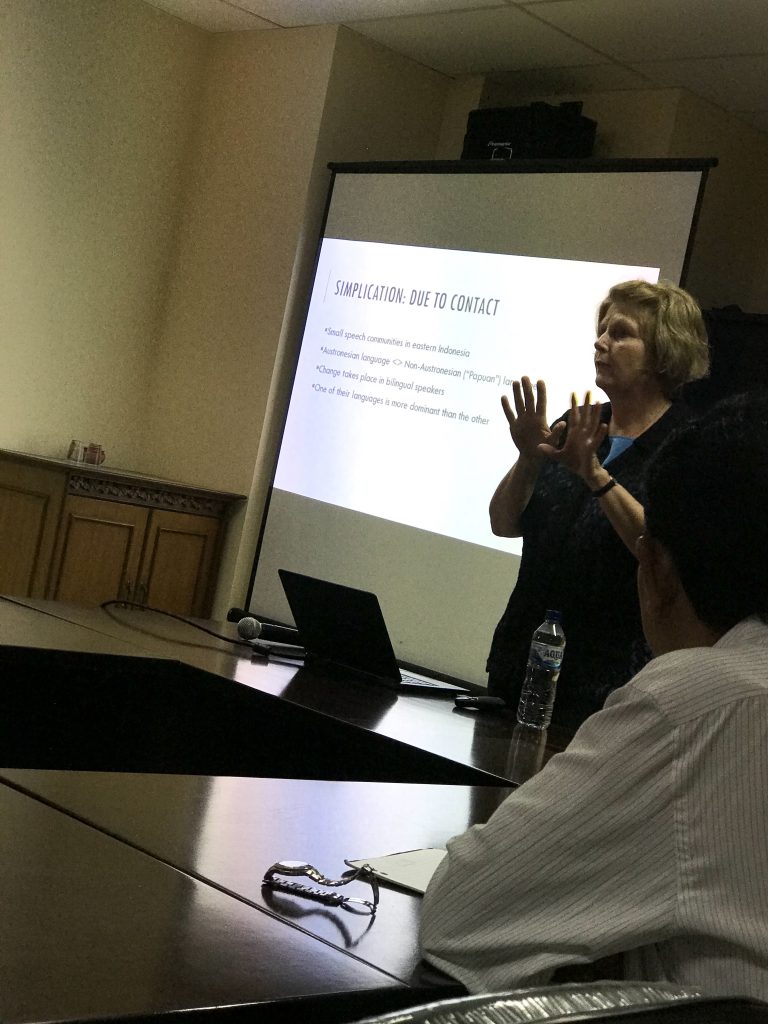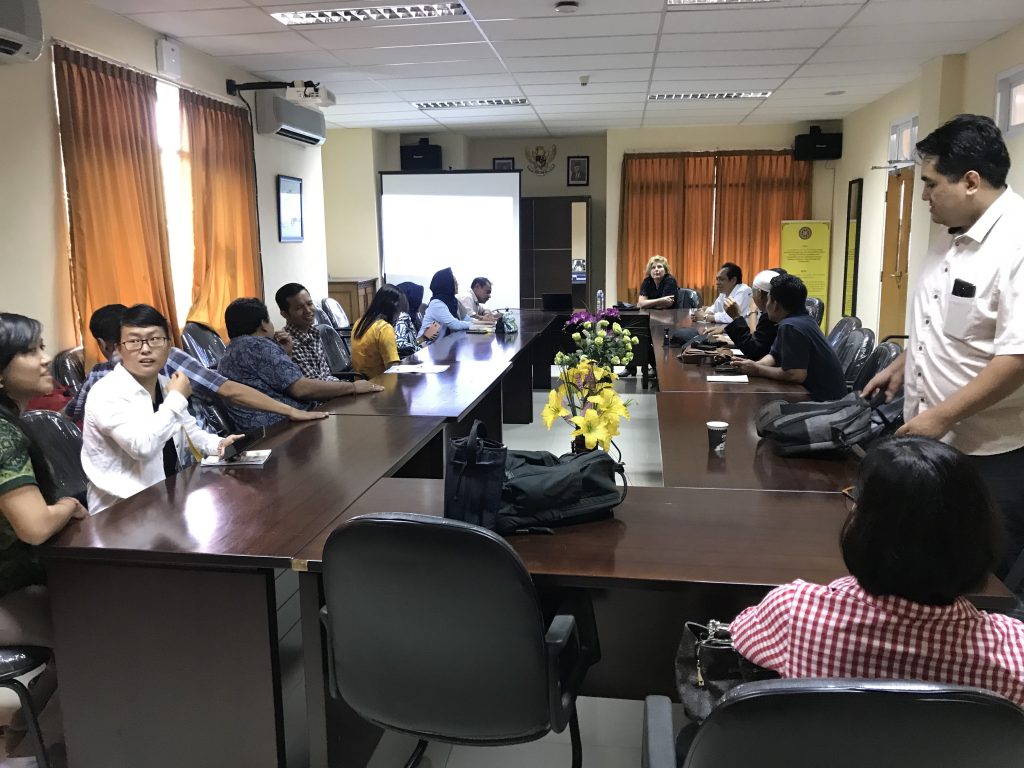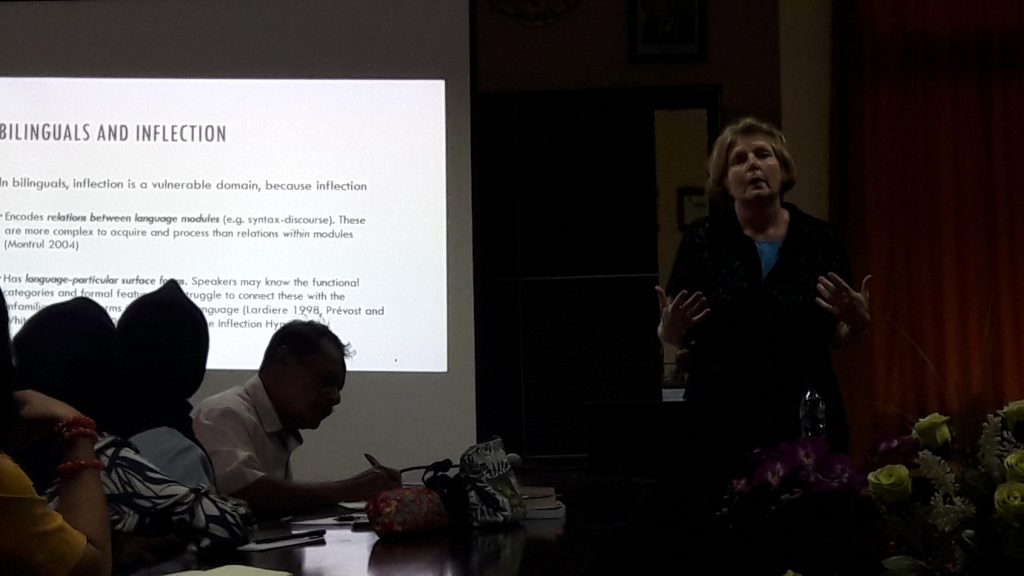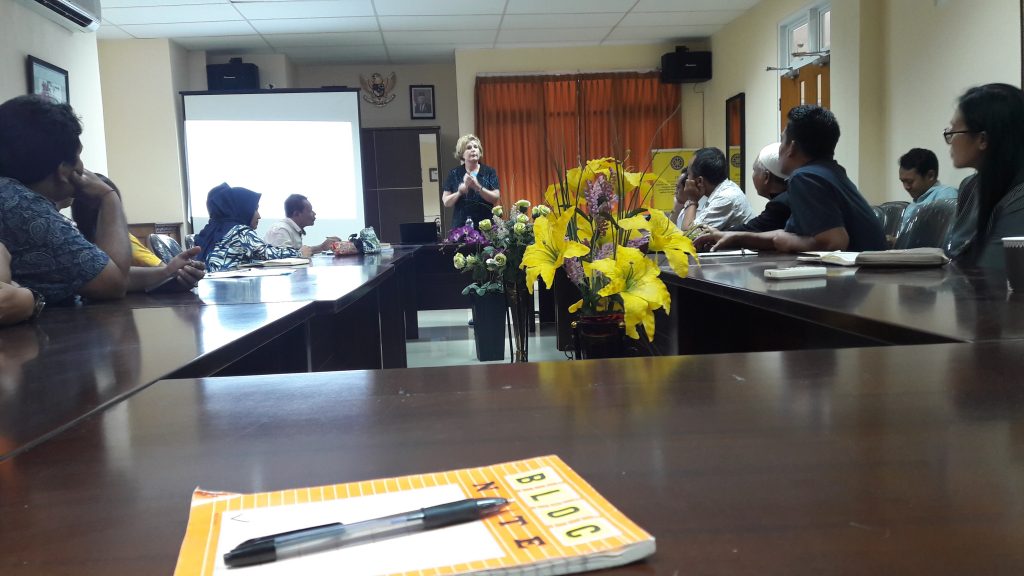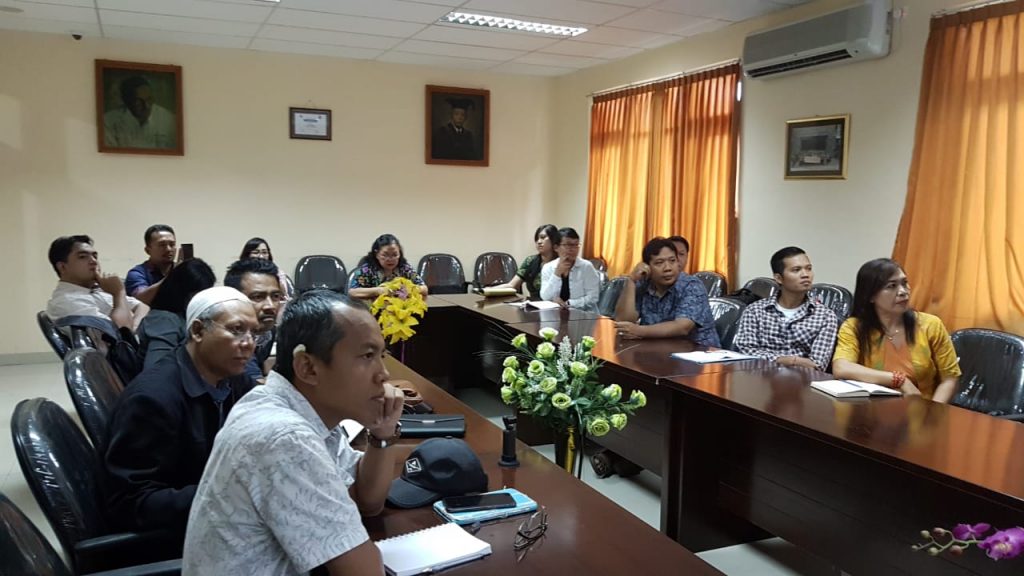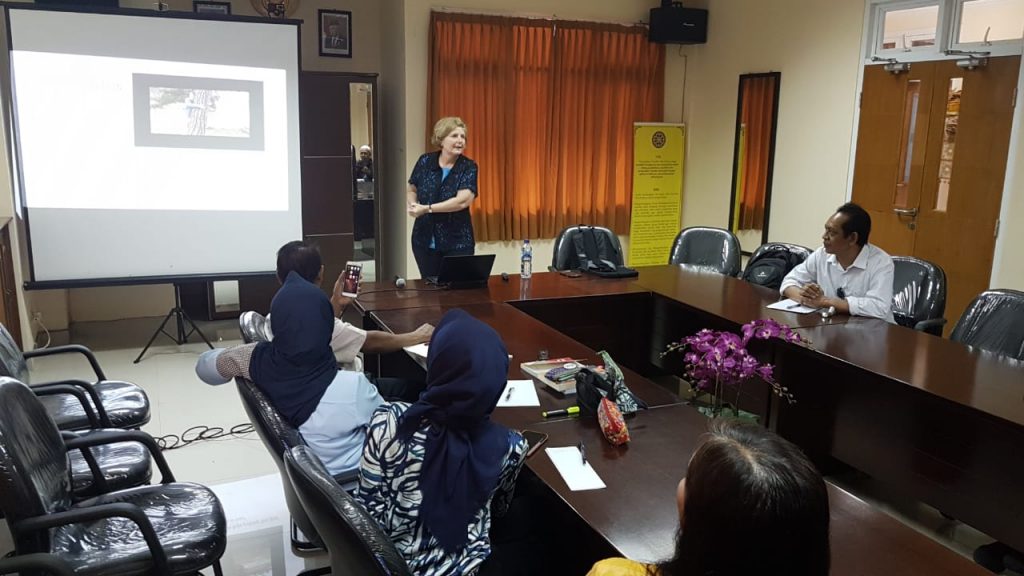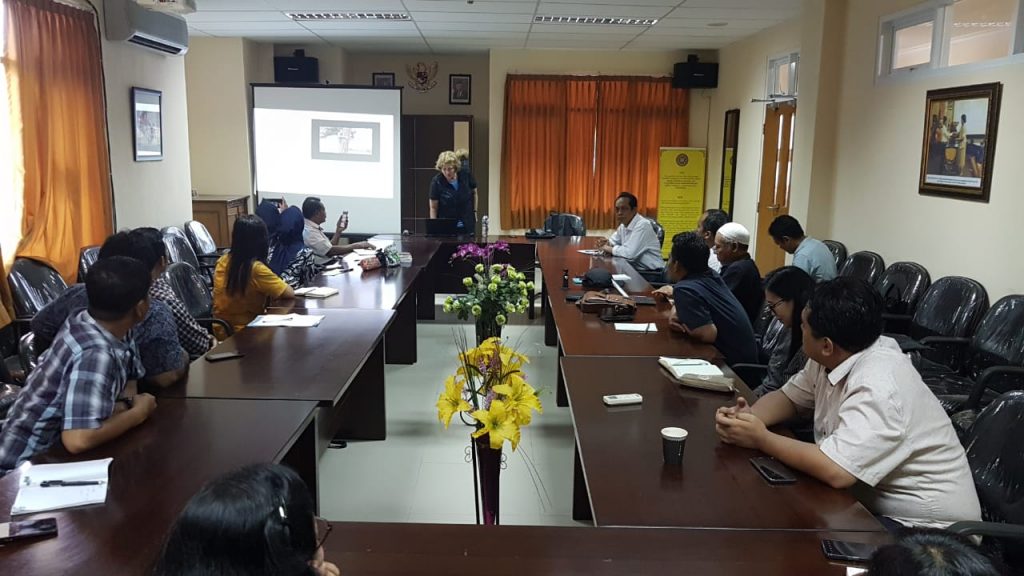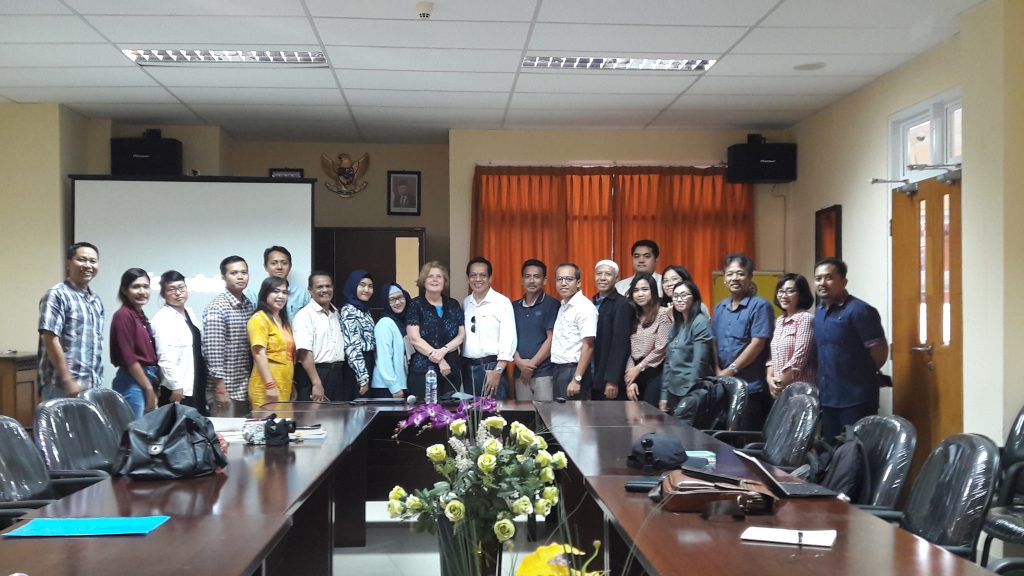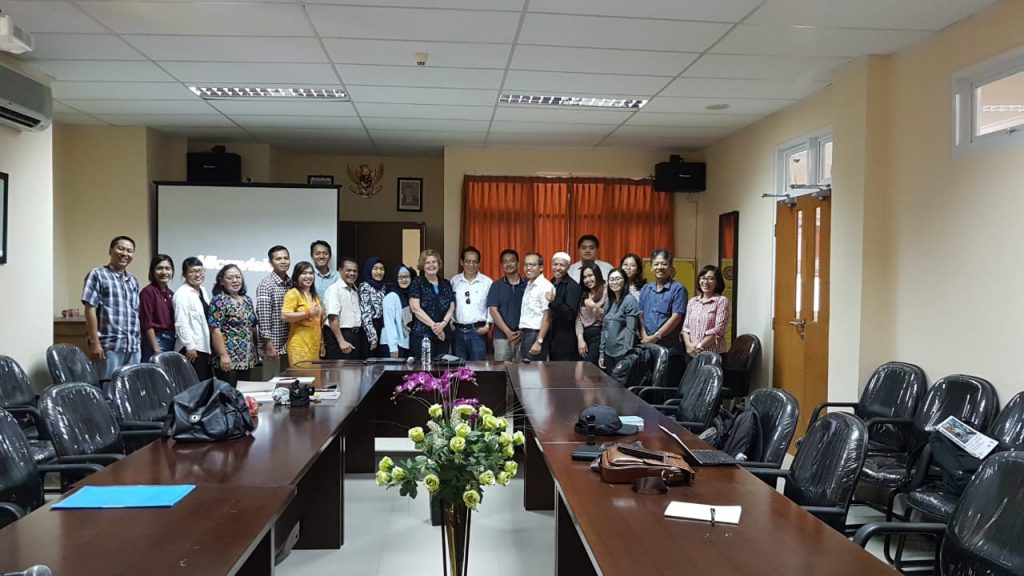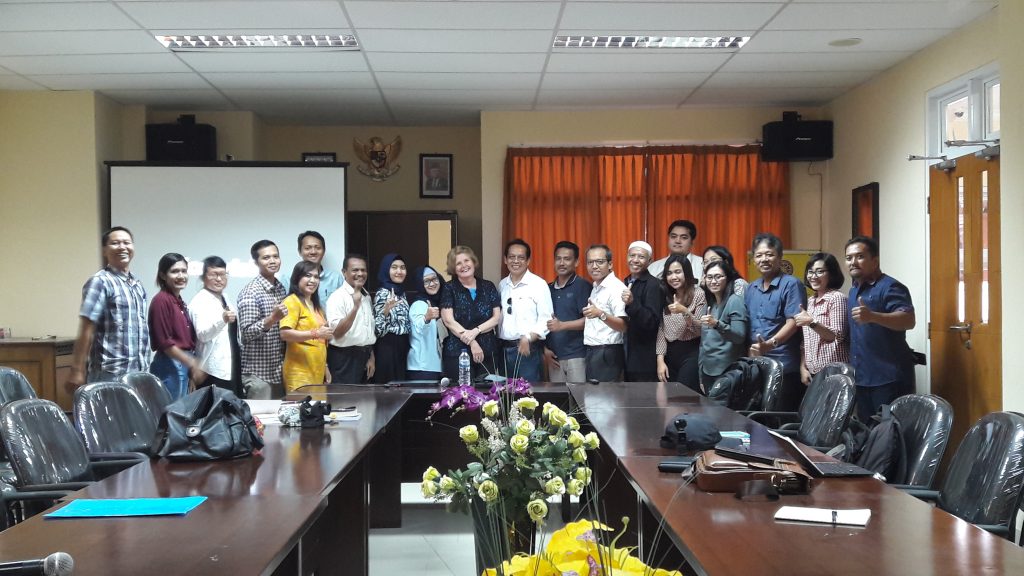CIRHSS Linguistics Strand leader, Prof. Dr. Ketut Artawa, delivered an online lecture on Linguistic Landscape as part of the September’s 2020 Online Linguistics Class series organised by the Linguistics Society of Indonesia (Masyarakat Linguistik Indonesia). The Dean of Faculty of Humanities, Udayana University, Dr. Made Sri Satyawati, M.Hum, was the moderator of the class. Below are the video recording, post and photos of the class.
Phone donation to Vicky Herianto Homo (Merauke)
CIRHSS’s collaborative outreach activity for school children during COVID-19 pandemic.
CIRHSS has initiated this fundraising program “KEEP CHILDREN LEARNING THROUGH THE COVID-19 PANDEMIC“, in collaboration with Yayasan Surya Widya Kerthi (Facebook & webpage) a social education charity foundation set up by retired teachers in Bali-Indonesia. See the dedicated page for this initiative here for further info.
Sharing Session on #Linguistics by I Wayan Arka
CIRHSS Director, A/Prof. I Wayan Arka, presented at the first Sharing Session organised by the English Department, Faculty of Arts, Udayana University. The topic is on the expression of numbers in Indonesian languages, and its socio-cultural implications. Here is the interactive flyer of the talk, which includes the abstract. Below is the recording of the talk, or watch it directly on YouTube.
Special Lecture on “Writing Internationally Competitive Linguistics Research Grants: Some Personal Reflections” (22 July 2020)
CIRHSS Director, A/Prof. I Wayan Arka, talked about his personal reflections on preparing a proposal for winning internationally competitive linguistics research grants. Below is the recording of the talk.
Dr I Made Netra won a research grant under the Research and Innovation Consortium for COVID 19 Program
CIRHSS Deputy Director, Dr. I Made Netra, is part of a team that won a research grant under the Research and Innovation Consortium for COVID 19 Program. The title of the research is New Normal and Protocol for Safe and Productive Society COVID 19: Socio-cultural study based on customary villages. Here is the summary of the project:
This research category is research of specific needs in the prevention and management of a COVID-19 pandemic with the aim of conducting analytical studies and developing a protocol model for productive and safe communities of COVID-19 in a new normal based on customary villages from a socio-cultural perspective. The model is expected to provide education to the community so that they are able to adapt in harmony with the new order of life that still upholds communal, religious, tolerant and productive values so as to create social harmony in diversity.
Congratulations, Dr. Netra!
Udayana University, Indonesia established research collaboration with Leiden University, Netherlands!
Following up on the establishment of the Centre for Interdisciplinary Research on the Humanities and Social Sciences (CIRHSS) at Udayana University (6 September 2019), on February 13, 2020, Udayana University and Leiden University, Netherlands signed Memorandum of Understanding (MoU) (including Letter of Intent [LoI] between Leiden University Centre for Linguistics [LUCL] and the Research and Community Service Institute of Udayana [LPPM]), beginning with a collaborative research in the Humanities and Social Sciences (see also here for the news in Indonesian).
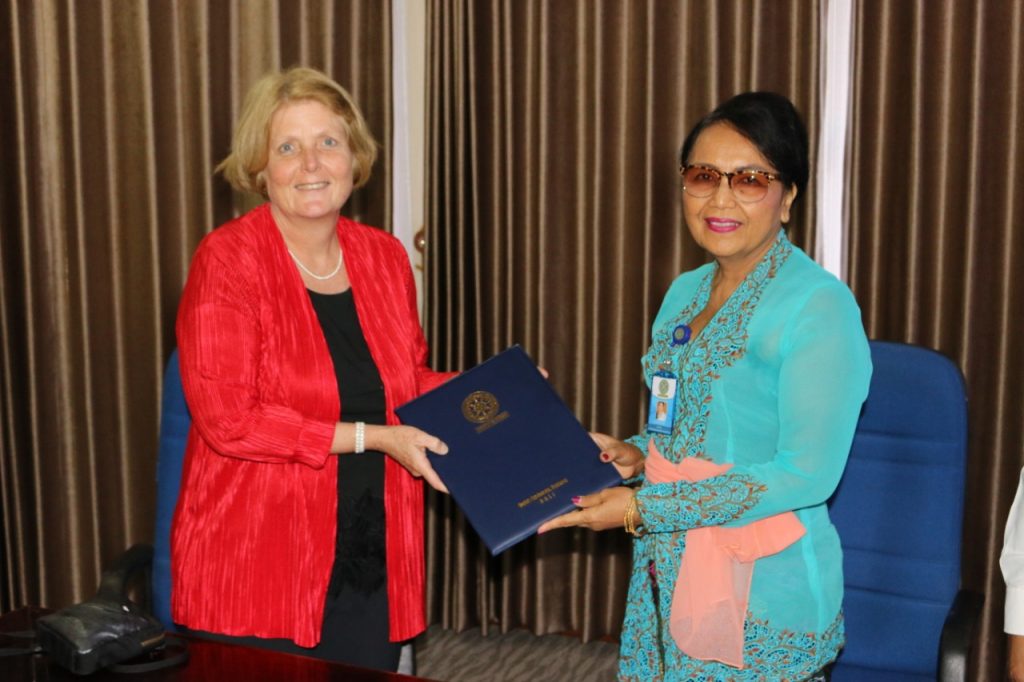
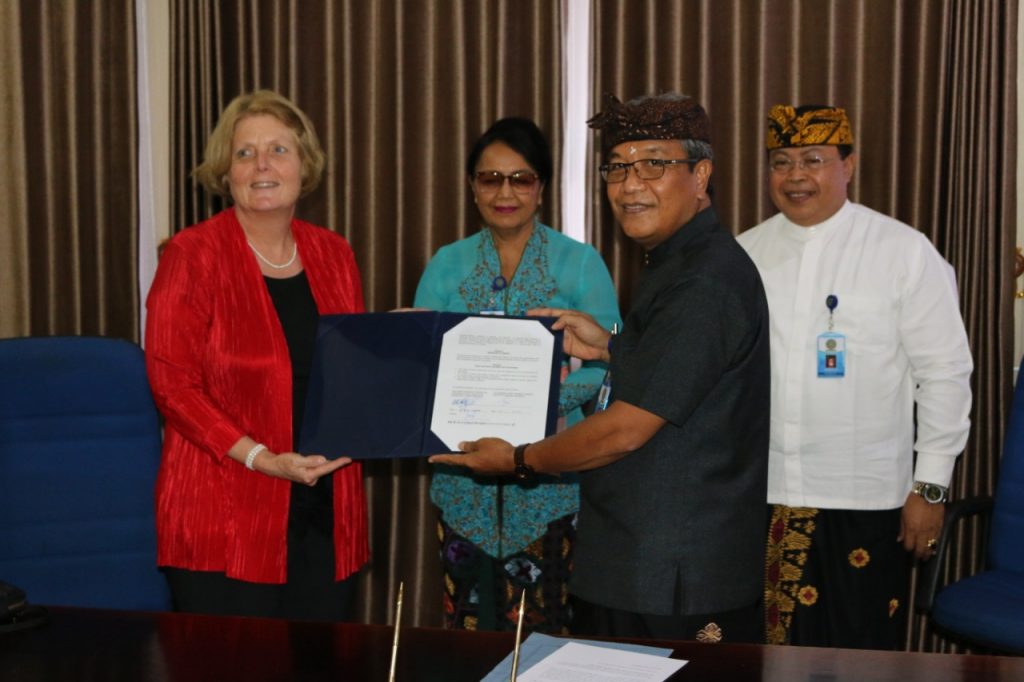
The impetus of this collaboration is the involvement of Udayana University, through CIRHSS and the Linguistics Graduate Program of Udayana, in the newly established consortium called OCSEAN (Oceanic and South East Asian Navigators). OCSEAN is an ambitious framework for large-scale interdisciplinary research, bringing together 26 institutions across the globe (including Udayana) and researchers from Data Science, Linguistics, Archeology, Anthropology, and Genetics. The consortium aims to re-evaluate our understanding of Austronesian expansion:
The research contextualizes the expansion of the Austronesian language family within the growing evidence for social and political complexity across Island Southeast Asia and coastal mainland regions prior to the arrival of rice and millet agriculture to Taiwan during the mid 5th millennium BP. It also takes into account the rich history of interaction since the spread of the Malayo-Polynesian branch of Austronesian outside of Taiwan. (http://www.wordsandbones.uni-tuebingen.de/?page_id=3311)
OCSEAN is a four-year project funded by the European Commission (H2020-MSCA-RISE-2019 Marie Sklodowska-Curie Research and Innovation Staff Exchange, Project Number 873207). As part of this collaboration, six linguists from Udayana University are going to participate in (a fully funded) intensive, 3-month training on language documentation in Leiden University, starting from May until July 2020; they will be affiliated as research partners of the project. Udayana University itself contributes to the Linguistics work package of OCSEAN.
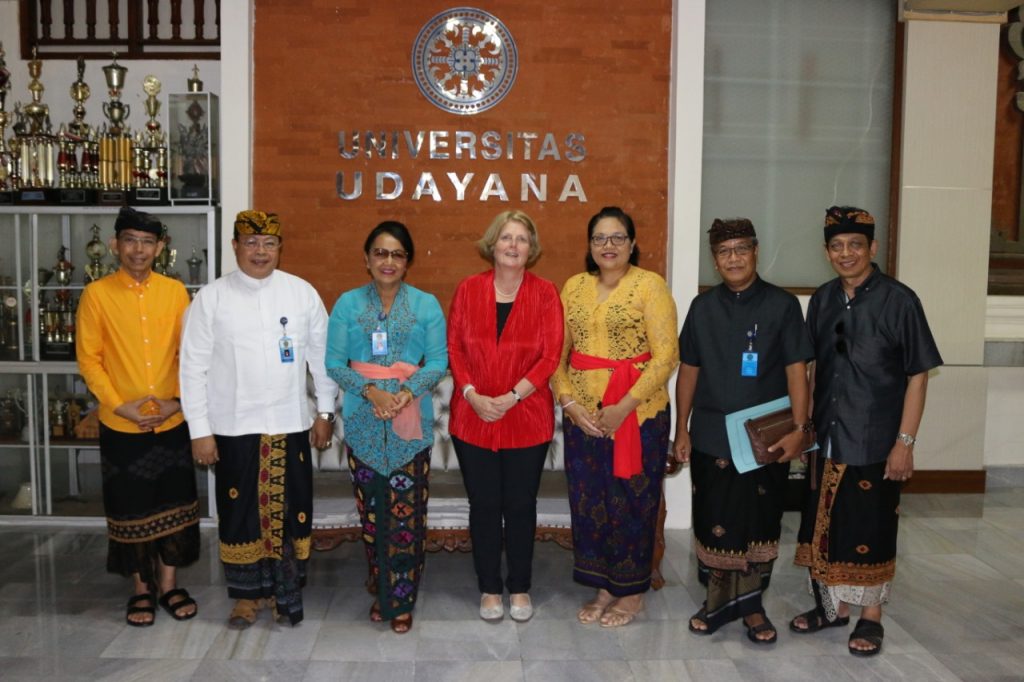
In addition to acting as the Leiden University representative for the signing of MoU and LoI, Prof. Marian Klamer also delivered a guest lecture for CIRHSS and Linguistics Graduate Program at the Faculty of Arts (12 February 2020), followed by lunch with members of CIRHSS Executive, the Dean of Faculty of Arts, the Head of the Linguistics Doctoral Program, and Udayana representatives (see pictures below). Prof. Klamer presented her joint research on morphological simplification and language contact in language communities in Alor and Pantar, Eastern Indonesia.
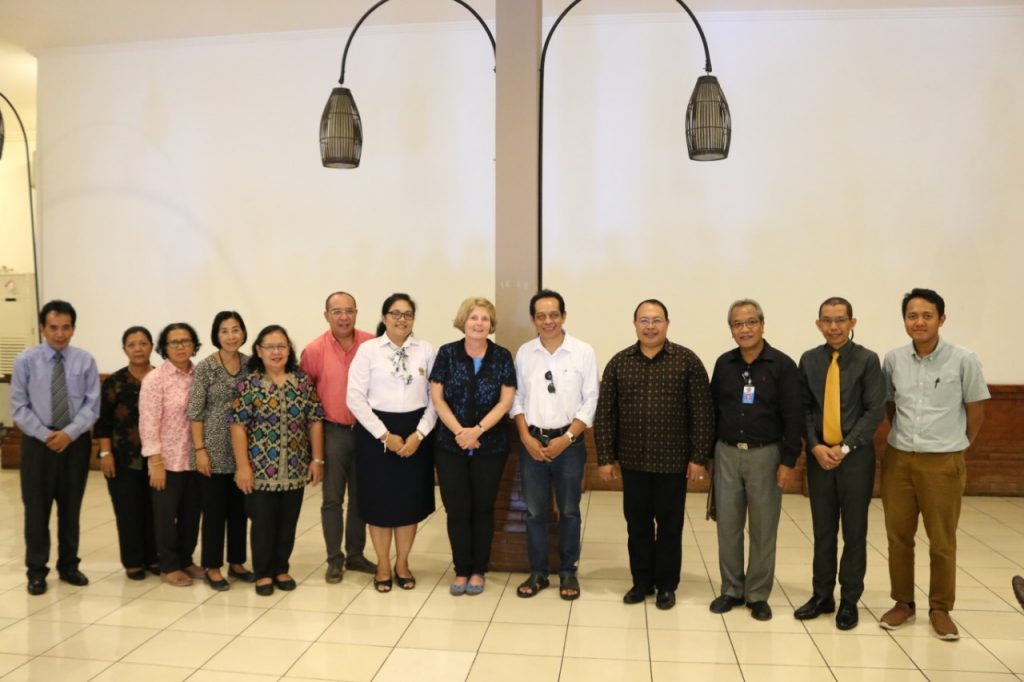
Below are some other pictures from the MoU/LoI signing and lunch occasions.
Simplification of morphology in Austronesian-Papuan contact — Guest lecture by Professor Marian Klamer
The Centre for Interdisciplinary Research on the Humanities and Social Sciences (CIRHSS) and the Linguistics Graduate Program of Udayana University held a guest lecture delivered by Prof. Marian Klamer, from Leiden University (12 February 2020).
Prof. Klamer presented her recent collaborative research on how language contact leads to morphological simplification. The studies focus on Austronesian-Papuan contact, in particular, language communities on Alor and Pantar, two small islands in NTT, eastern Indonesian, where Austronesian languages are in contact with non-Austronesian (i.e. Papuan) languages.
Prof. Klamer discussed two case studies. The first one deals with morphological simplification in the verbal domain, especially the use of subject-agreement affixes on verbs in the first and second language speakers of Alorese (an Austronesian language). The second study examines morphological simplification in the nominal domain, especially in the use of possessive prefixes by bilingual speakers in Abui (a non-Austronesian language) and Alor Malay (an Austronesian language).
Two key references for the studies are pointed out during the talk:
Moro, F. R. (2019). Loss of Morphology in Alorese (Austronesian): Simplification in Adult Language Contact, Journal of Language Contact, 12(2), 378-403. doi: https://doi.org/10.1163/19552629-01202005
Saad, G., Klamer, M., & Moro, F. (2019). Identifying agents of change: Simplification of possessive marking in Abui-Malay bilinguals. Glossa: A Journal of General Linguistics, 4(1), 57. DOI: http://doi.org/10.5334/gjgl.846
Below are some pictures from the lecture.

